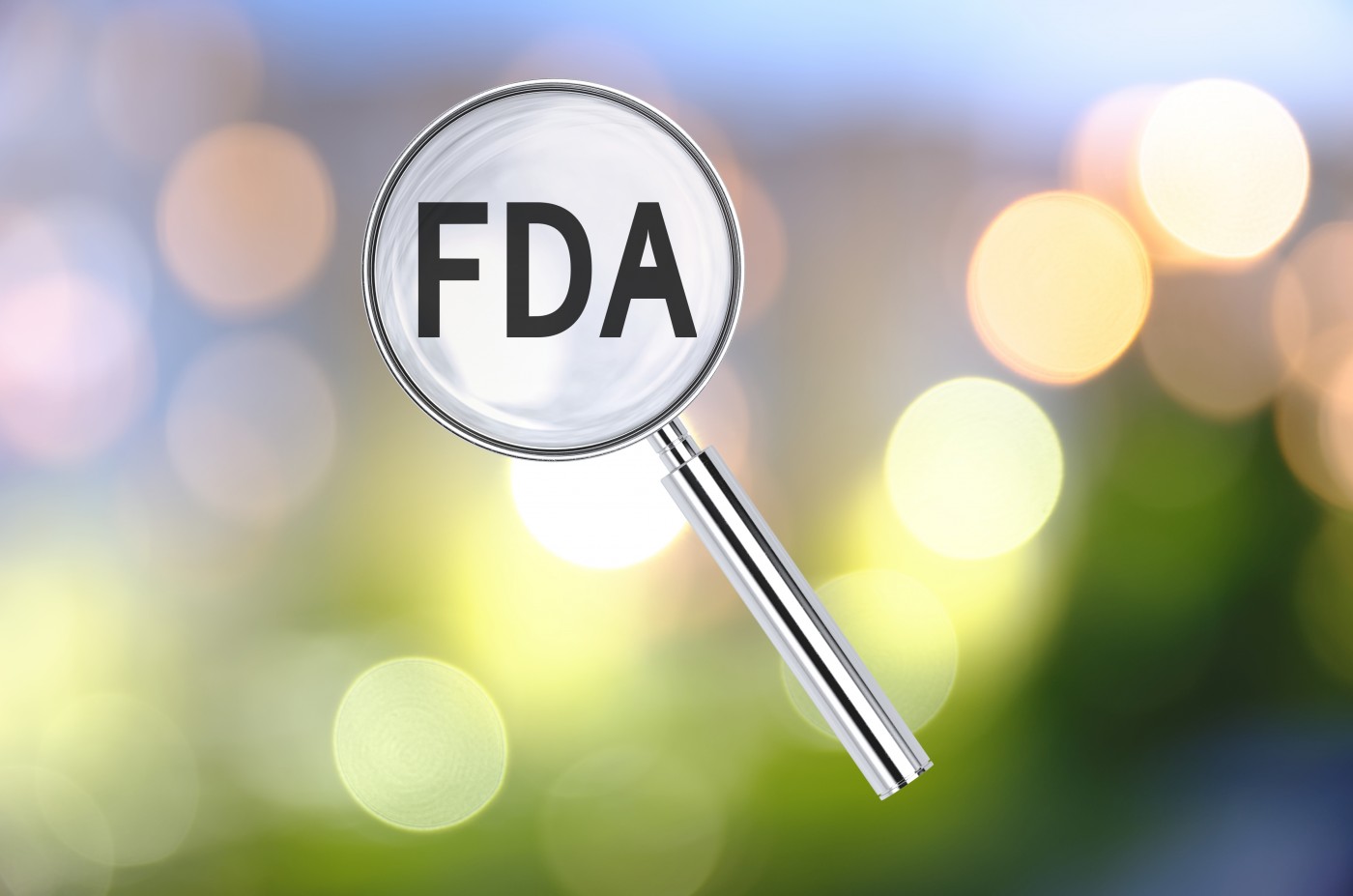FDA Grants Fast Track Designation to PWS Potential Therapy LV-101

The U.S. Food and Drug Administration (FDA) has granted fast track designation to LV-101 (intranasal carbetocin), a treatment candidate for people with Prader-Willi syndrome (PWS).
This designation is granted to promising therapies intended to treat serious diseases with unmet medical needs. It aims to quicken treatment development by accelerating the regulatory review process.
“We are thrilled to receive Fast Track designation from the FDA, which supports the understanding among the PWS community that this syndrome presents serious and life-threatening issues,” Sara Cotter, CEO of Levo Therapeutics (the company developing LV-101), said in a press release.
LV-101 is an intranasal form of carbetocin, a synthetic compound approved in the U.S. and more than 90 other countries to control postpartum bleeding. It has a similar structure and function to the hormone oxytocin, which is involved in childbirth, breast feeding, social interaction, and anxiety reduction.
Studies have shown fewer brain cells producing oxytocin in people with PWS, which could help explain their social, emotional, and feeding difficulties.
Carbetocin was designed to have a greater affinity for the oxytocin receptor than the naturally occurring hormone, while also showing lower affinity for the related vasopressin receptors.
A Levo-sponsored Phase 3 clinical study called CARE-PWS (NCT03649477) is testing the efficacy, tolerability, and safety of two dosages of LV-101. Enrollment of PWS patients, ages 7 to 18, is still ongoing at more than 20 sites in the U.S. and Canada. More information about contacts, locations, and inclusion criteria can be found here and here.
Levo expects to recruit 175 participants. Additional study sites should be opening soon in Australia, the company said.
Participants will be randomly assigned to receive either LV-101 or a placebo, given three times per day before meals for eight weeks. Then, all patients will be given one of the two LV-101 dosages and followed for 56 weeks.
The study will also include an optional extension period, in which participants may continue receiving the therapy.
Efficacy will be assessed through caregiver-reported and clinician-reported measures of hyperphagia (extreme hunger), obsessive and compulsive behaviors, and anxiety. Safety and tolerability will be tested by analyzing adverse events, laboratory tests, and physical exams.
“Levo is committed to developing impactful treatments for patients with PWS, and our Phase 3 study is designed to see whether intranasal carbetocin provides one such treatment. We look forward to finishing enrollment of this important clinical study in the coming months,” added Cotter.
Results from a Phase 2 clinical trial (NCT01968187) showed that LV-101 can ease PWS symptoms in children, including their excessive eating and obsessive-compulsive behaviors. LV-101 was well-tolerated and did not lead to severe treatment-related adverse events.
Levo also announced the completion of a Series B financing round. The funding will be used to advance CARE-PWS and LV-101 development, and the company’s other programs.






